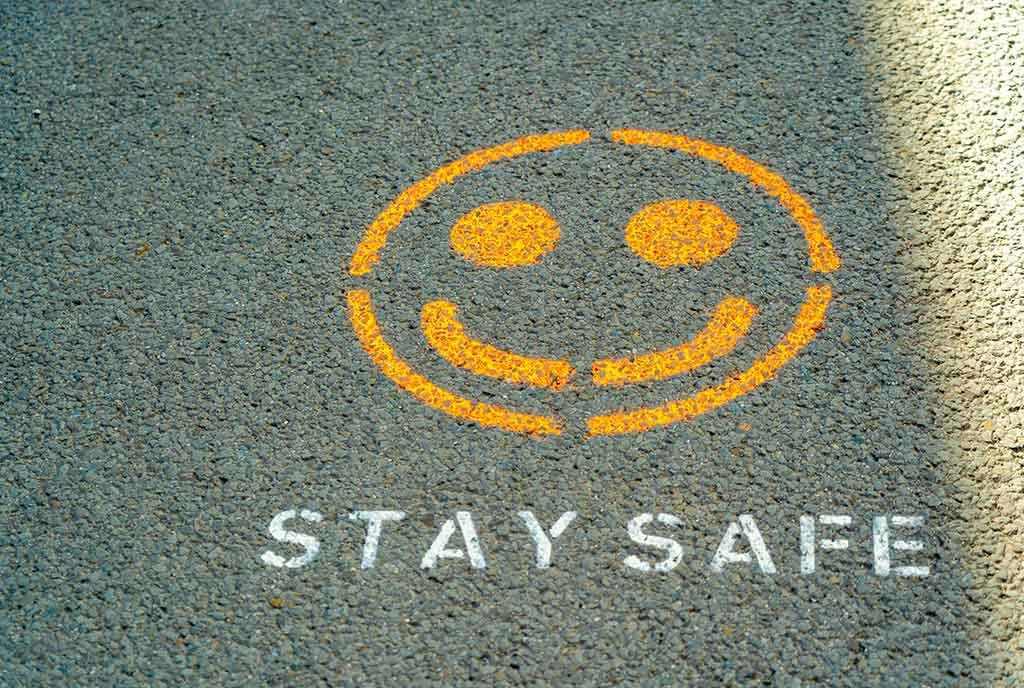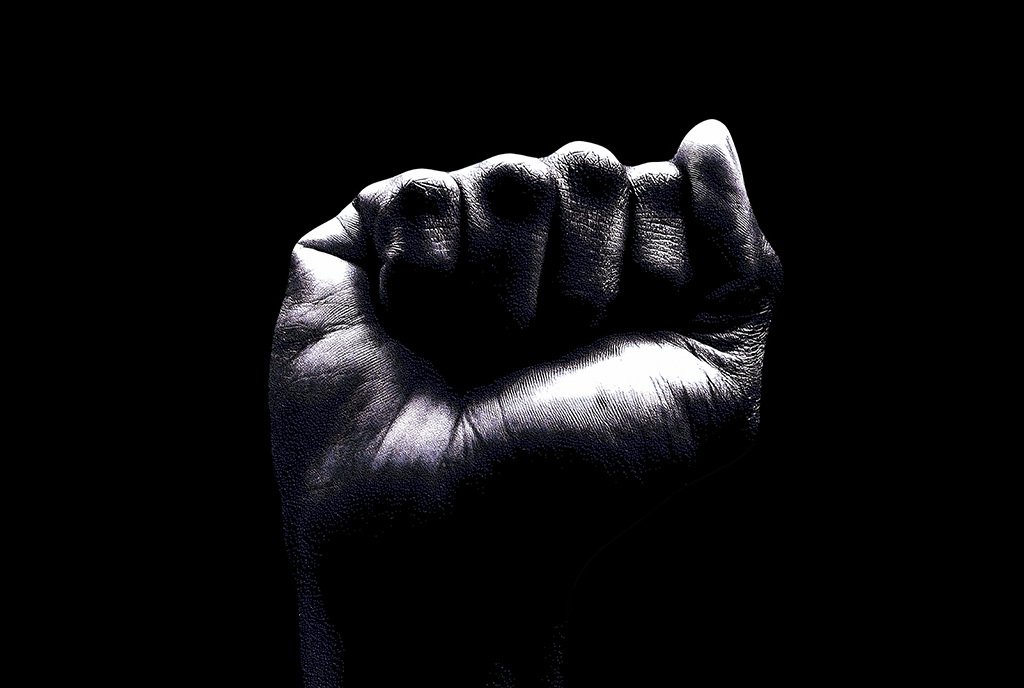October 11, 2015; New York Times
Mental illness is a pressing social problem across West Africa. It is considered the “second leading cause of disability” on the continent. The problem is especially pronounced in countries like Liberia that have experienced prolonged violent conflict, and where post-war trauma is compounded by the widespread abuse of pharmaceutical drugs. There are few West African cities where a casual walk downtown will not yield an assortment of visibly mentally ill persons roaming the streets. They are often dirty, unkempt, and unclothed with widely varying cognitive abilities relative to their identities and surroundings. Dispersed as they are, these people have many things in common: They are as much a threat to public safety as they are vulnerable to attack, devoid of all human dignity, the objects of public scorn, and the targets of myriad human rights abuses. This stereotype of the psychotic street person is in fact the result of improper treatment of mild cases. In effect, it is a symbol of the weaknesses inherent to West Africa’s mental health systems.
The facts contributing to this situation are well established. They include a plethora of risk factors (often high levels of psychological distress), widespread cynicism toward the status of mental illness as a legitimate health concern—especially its milder forms—and prioritization of chronic cases, underdeveloped mental health services, exclusionary treatment costs, low mental health staff-patient ratios, restricted access to sustained quality and effective treatment, poor working conditions for mental health staff, inadequate research and data on mental illnesses, and a lack of effective national health policies and legislation. All of this is undergirded and enabled by very low levels of state interest and investment (on average less than one percent) in mental health.
Sign up for our free newsletters
Subscribe to NPQ's newsletters to have our top stories delivered directly to your inbox.
By signing up, you agree to our privacy policy and terms of use, and to receive messages from NPQ and our partners.
The wealth of articles on mental health in Africa all show how civil societies like Basic Needs Ghana (national) and the Carter Center (international) are filling the gaps created by state lethargy toward mental health by working to improve awareness and access to treatment in difficult environments. As this New York Times article illustrates, their activities include designing and implementing innovative community-based actions to reach the most affected and vulnerable in remote areas. They also lead advocacy aimed at increasing government spending on mental health and the passage and implementation of supportive policies and legislation. Many have done a sterling job of meeting the mental health needs of Africa’s most vulnerable and neglected. While their work is commendable and making positive impacts, there are a number of reasons why civil societies are not a tenable solution to mental illness in Africa.
For one thing, African civil societies are largely non-self-sustaining. They depend on consistently available funding to be able to continue to help the mentally ill. Cuts or disruptions to their funding interrupt their work, forcing their beneficiaries to seek alternative and sometimes, risky alternatives. Second, many civil society interventions “treat” the symptoms but not the causes of mental illness. Whether for a lack of capacity or resources, civil societies are not in a position to control many of the causes of mental illness, which include high levels of psychosocial distress. Third, civil society is very heterogeneous and there are no publicly accessible common national or regional standards of operation. While established NGOs and NGO networks offer high standards of service, some groups, notably traditional and faith healers, are known to employ less humane techniques, including chaining mentally ill persons to trees. Also, the multiplicity of civil societies involved in this field can create problems of duplication and coordination. Fourth and arguably most important, civil society’s active involvement in mental health, as with any public service, takes the pressure and expectation off governments to fulfill their responsibilities to their citizens.
The sustainable development goals launched in September 2015 do not offer much hope; compared to other, more measurable health indicators, target 3.4 under goal 3 only aims to “promote mental health and well-being.” One project is addressing mental healthcare deficits in Africa by reinforcing research capacities and mental health infrastructures in five African states, three of which are in West Africa. The project’s leader, Professor Oye Gureje, suggests that access to treatment could benefit from closer collaborations between mental health workers and traditional healers—a feat that would require reconciling their conflicting techniques. Civil societies will likely continue to bear the weight of West African state inaction on mental health for the foreseeable future. Yet without firmer state commitment, the demand for mental healthcare may continue to vastly outweigh treatment availability and access levels—a situation that is a ticking time bomb.—Titilope Ajayi













